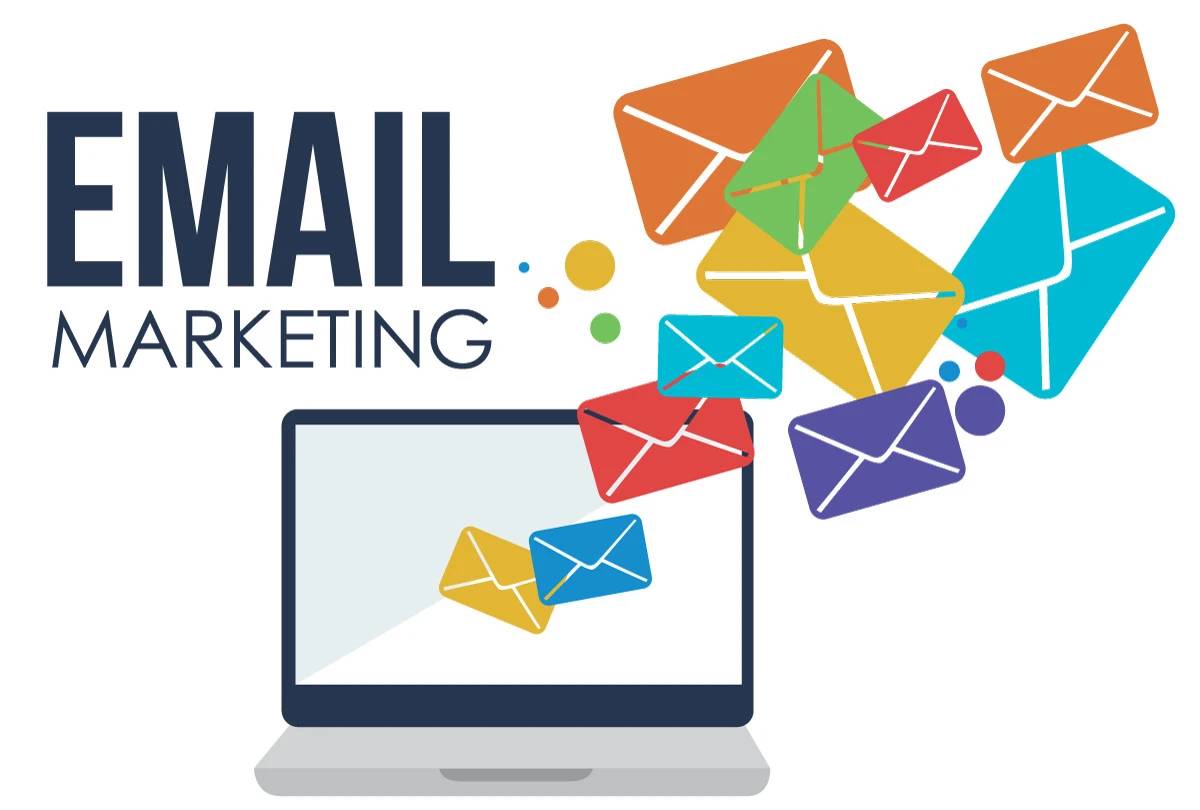The Advantages of a Business Using Email

Entrepreneur magazine recommends that every company assess the technology that is now available and decide whether or not to use Business Using Email. Email has made it possible for companies to send and receive communications and has facilitated quick worldwide contact. There are several benefits to utilizing email, whether you conduct business locally or globally.
Saves Money Email makes it possible for your business to communicate with clients, suppliers, and business partners all around the world without having to pay for postage. You don’t need to pay to print the invoice, buy an envelope, or pay anyone in your mail room to assemble the mailing in order to deliver a straightforward message or a customer invoice.
Reduces time Business Using Email
You can instantaneously communicate with anybody, anywhere in the world, Business Using Email. A busy phone line may block a fax, a caller may reach voice mail, and a letter delivered through normal mail may take days to arrive at its destination. Many businesspeople set aside time each day to check their email or spend time in front of a computer. Sending a business contact an email might help you deliver essential information to them swiftly.
Offers Security Business Using Email
You may send att email login securely to any recipient using email encryption. Standard mail has the potential to be intercepted, misplaced, and opened by someone other than the intended receiver.
Your email message will reach the target recipient safely as long as you have verified the email address you are using.
Aids in filing
Standard mail is delivered to businesses every day. Finding a place to store all of those papers may eventually eat up office space, pose a fire risk, and take a lot of time. Business Using Email communications may be digitally filed, which can make the process simpler, safer, and less expensive. Make sure to regularly backup your data to prevent losing your communications in the event that your network or machine are damaged.
Offering Convenience
Entrepreneurs, managers, and workers all have demanding schedules. It’s not always possible to answer the phone or read ordinary mail. Email messages will wait till you have the opportunity to read them. The sender may designate a communication as urgent if it is crucial in order to get your attention. You may easily fit email into your workday while still receiving crucial information.
Email’s Role in Business Communications
Email is the communication king when it comes to conducting business, but that doesn’t imply it is acceptable in all contexts. An elegant, well-written email reveals a lot about your working style, but an imprecise, badly written email can create misunderstanding and issues that waste time and reduce productivity. It may harm your reputation, which is much worse.
Is Business Using Email a Proper Medium?
Knowing when to send emails in a professional situation and when not to is a necessary part of utilizing Business Using Email efficiently. Before you start writing, decide whether a phone call or in-person conversation would be more convenient in the long run.
If your email is lengthy and complex, contains private information, or might be misconstrued by the recipient, you might wish to select one of those alternatives.
Successful Subject Lines
Even if the subject line of an email seems careless, it’s actually quite important. Particularly if the subject line refers to a meeting date or a deadline, it should be explicit. A subject line with just one word, such “FYI” or “Question,” is insufficient to express what you need or when you need it. Just about how many emails a person receives every day and try to be as descriptive as you can.
Make sure the receiver reads your subject line and realizes that this is an email that has to be read immediately.
Be succinct and direct.
Consider making a phone call instead of emailing the receiver if you have a lengthy message to deliver. Otherwise, keep your remarks brief. That involves using concise, understandable phrases.
Be aware that just because you want to be brief, you shouldn’t utilize standard abbreviations like “bc” for “because” or “U” for “You.” Be professional and correctly spell every word.
Set the Right Tone
It’s incredibly simple to misinterpret the tone of an; just recall all the times you assumed someone was being a bit unpleasant but they weren’t at all. Even if you have a personal connection to the individual, maintain a professional demeanor in all business communications. Always err on the side of politeness while writing, punctuating, and, frequently, utilizing emojis.
Take some time before responding if you get an email and are upset or furious. When you respond negatively, your tone may come across, which might lead to issues in the future. Avoid yelling in business communications since it gives the impression that you’re being disrespectful.
As the Beneficiary
The responsibility for using email properly for business communication extends beyond the sender. Checking your work email should be done while maintaining excellent communication. Do not fail to inform the sender that you have received their email and will be responding shortly, even if you are unable to make a comprehensive response.
Email has completely changed how businesses communicate. Entrepreneurs are no longer dependent on the postal service’s delivery time or have to guess if a call will reach someone in the office. Through the usage of email, businesses may cut costs, provide more efficient marketing opportunities, maintain open lines of communication inside their organization, and cooperate on projects. Future generations of employees are more at ease utilizing email than they are with traditional letters or memos. Businesses might look for ways to use email to accomplish significant objectives and boost productivity.








